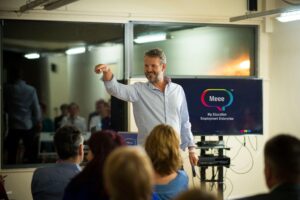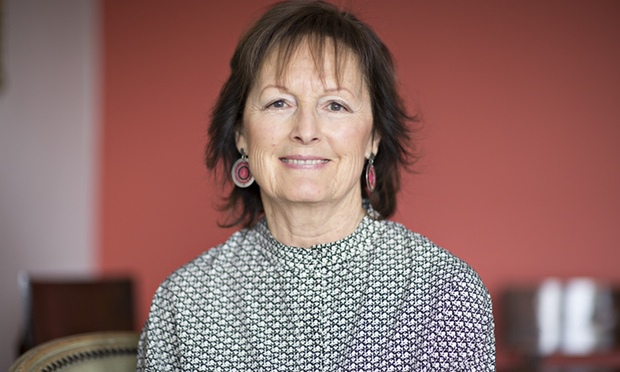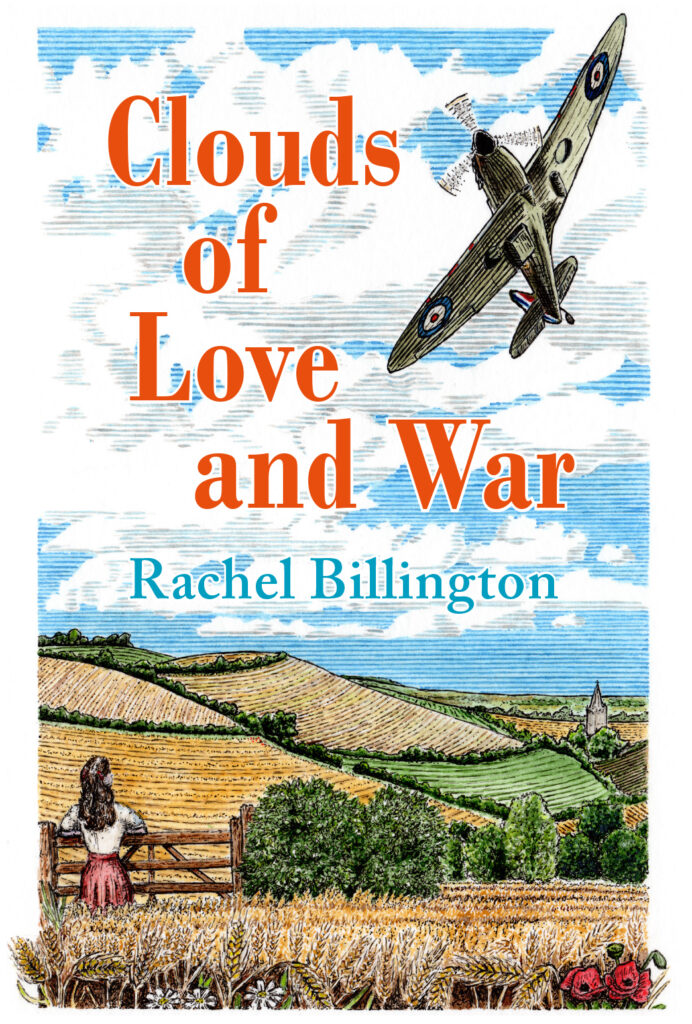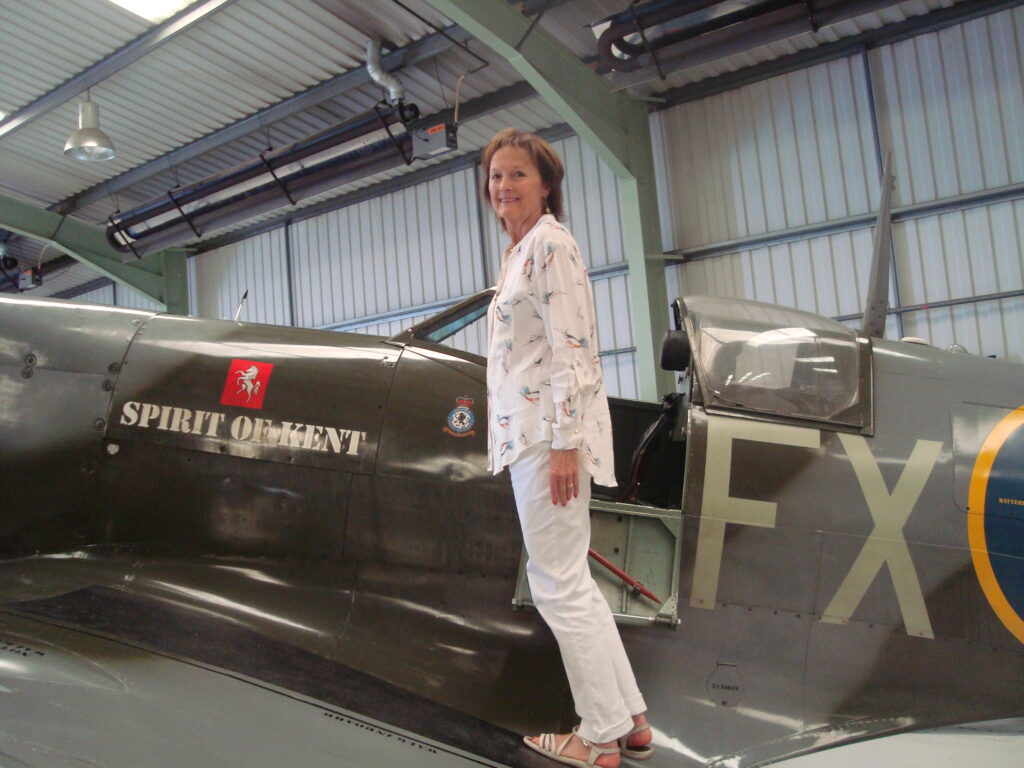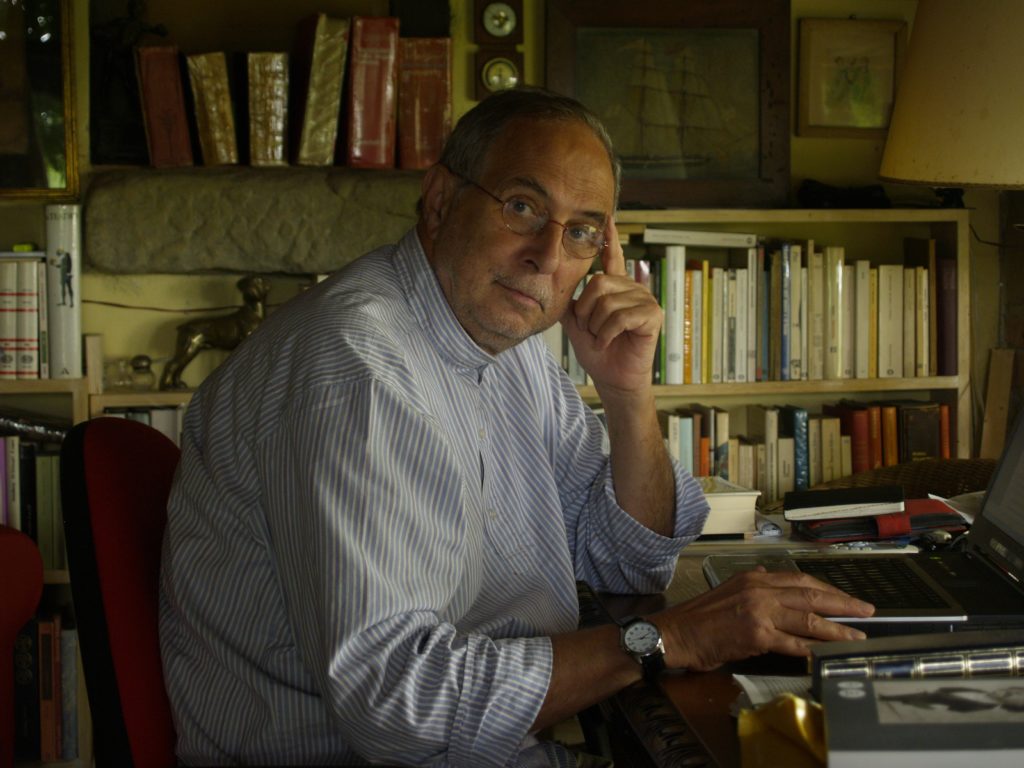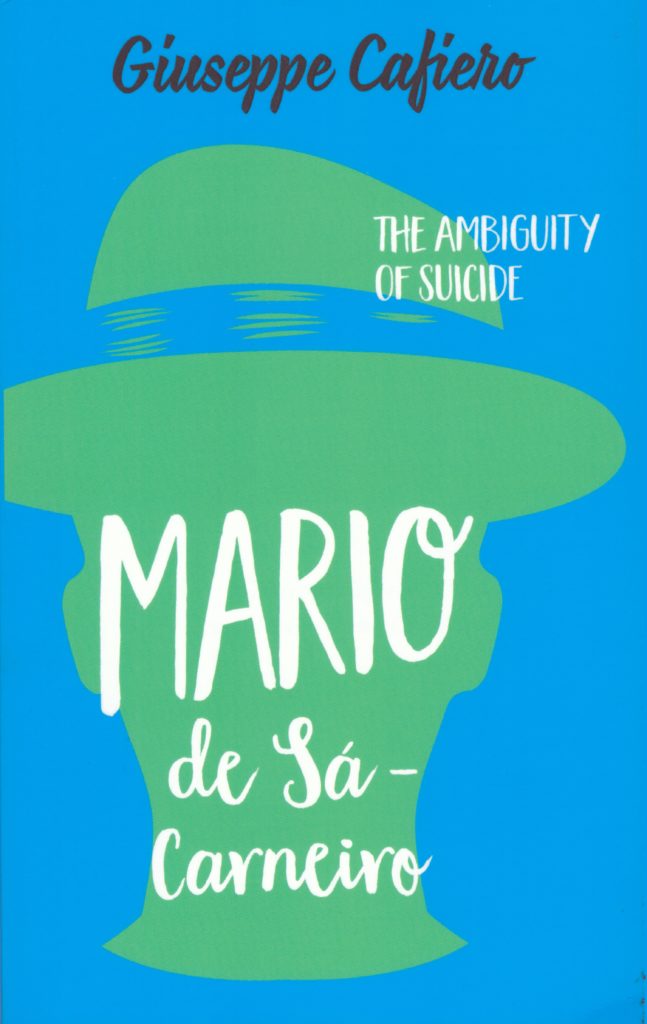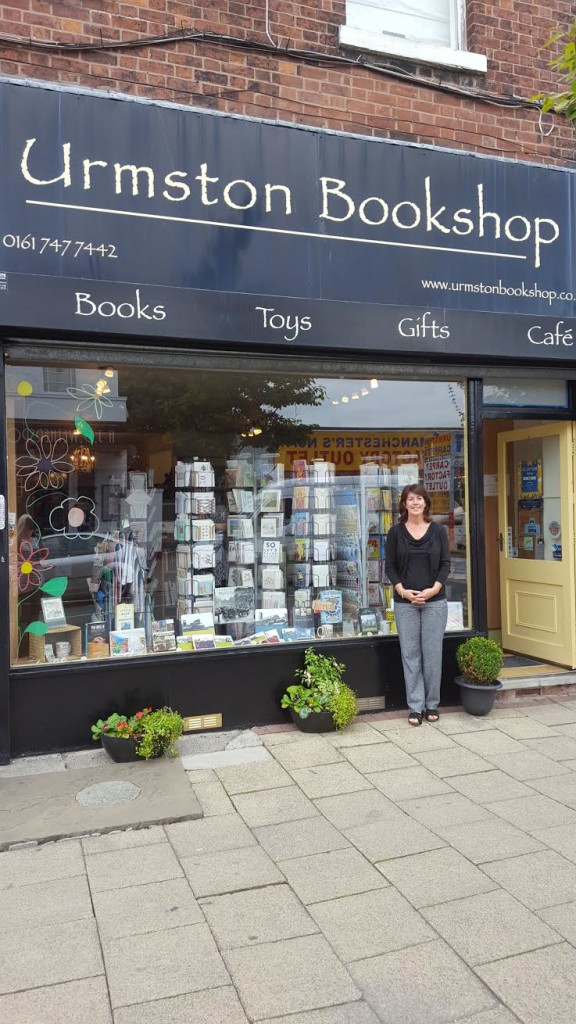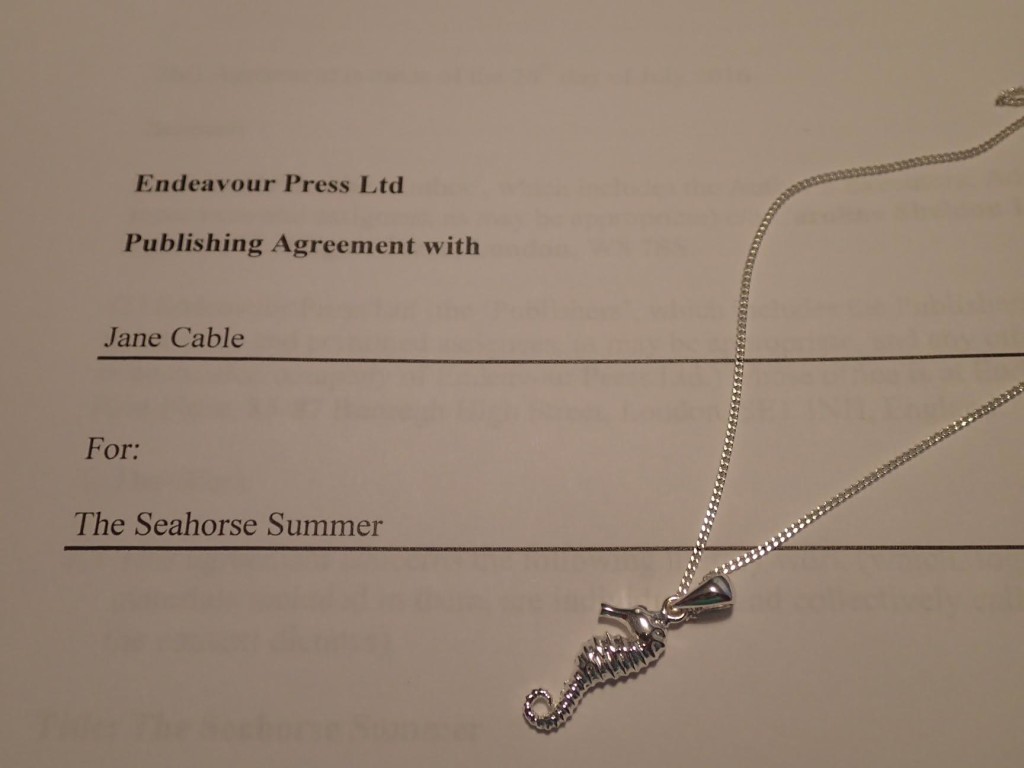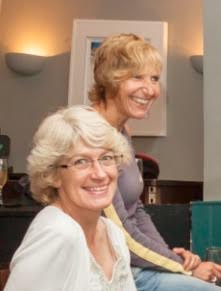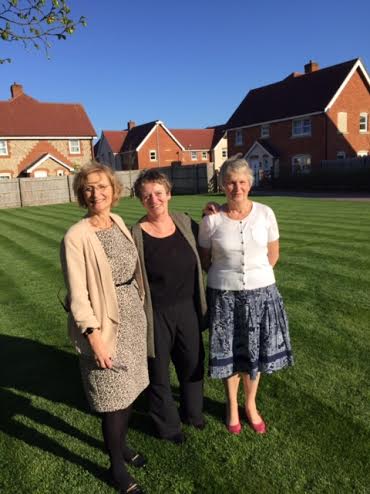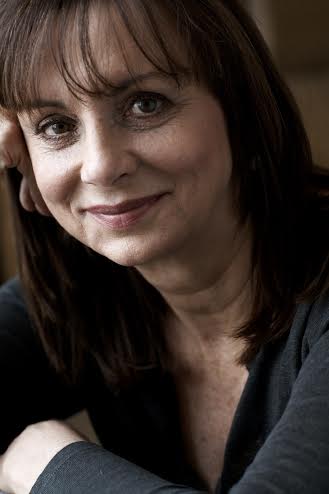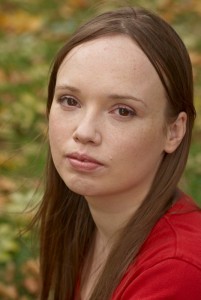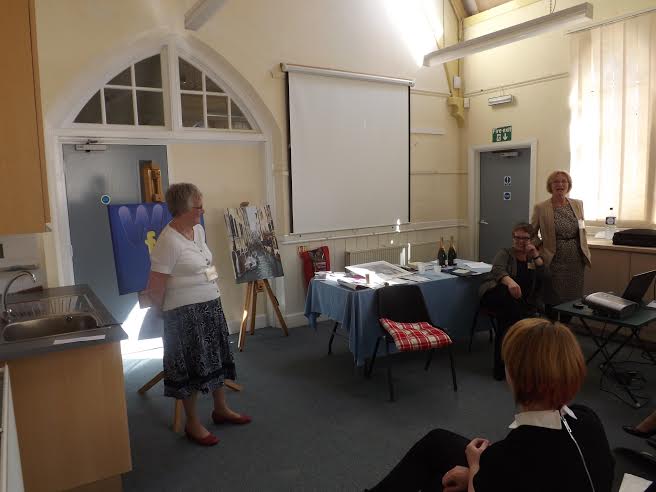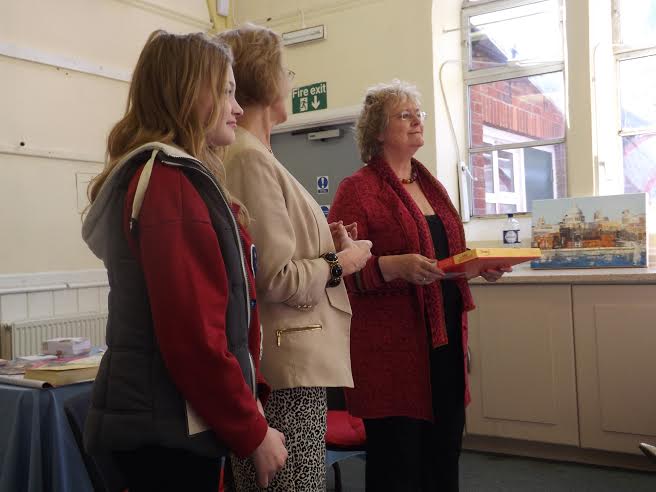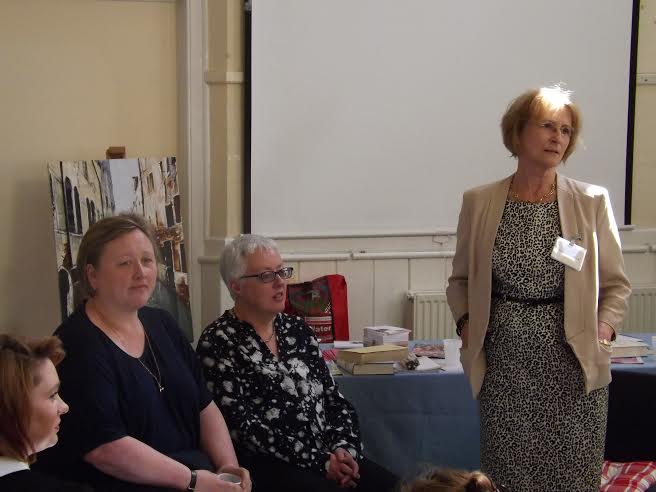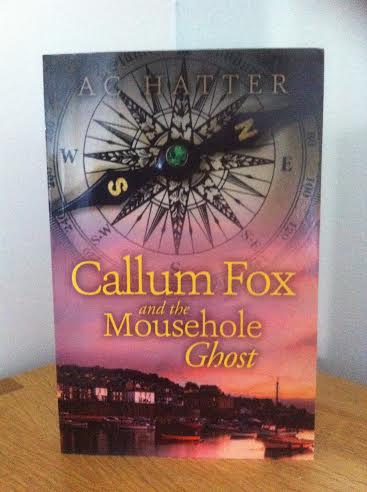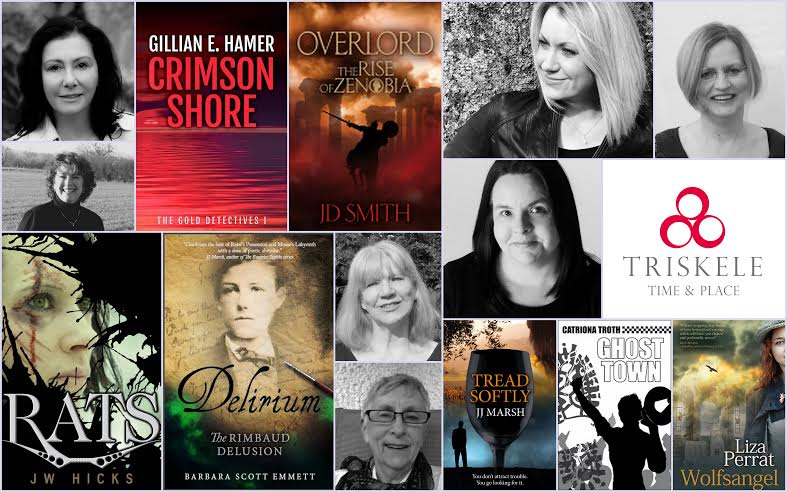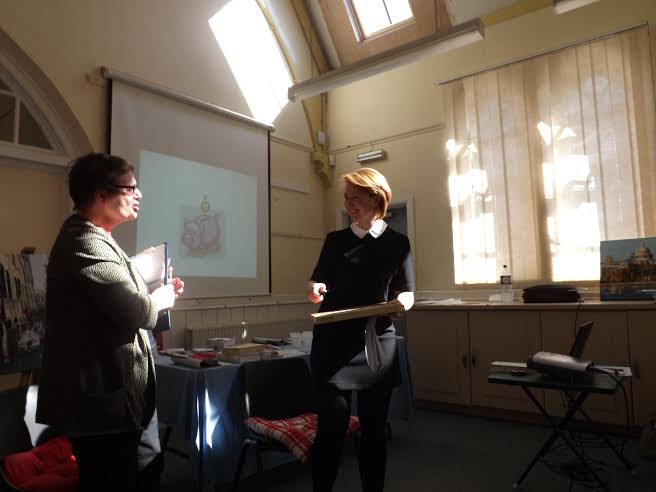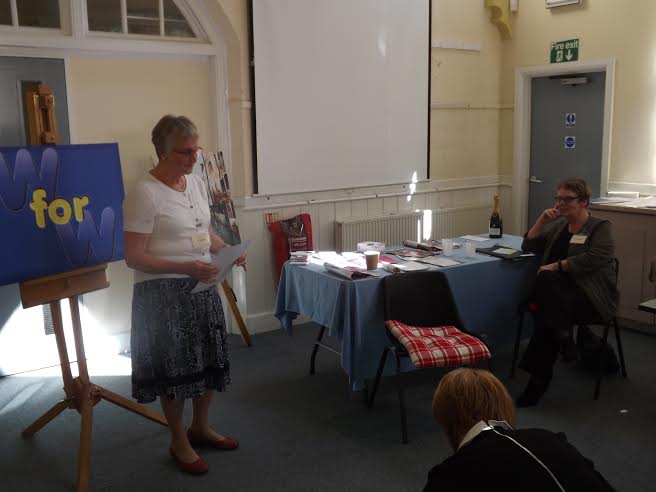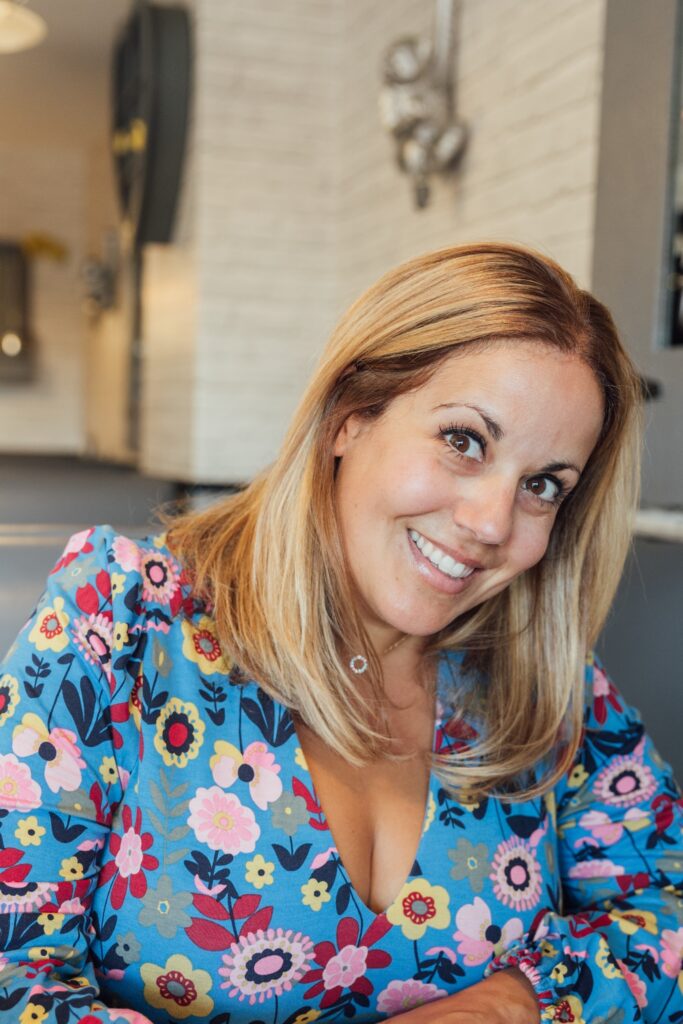
London Book Fair is a bustling and exciting place to be. A lot of deals are made. You can feel the buzz. This year they had an Author’s HQ and the SOA (Society of Authors) was also there. But is it worth it for authors? We ask Joanna Knowles, author of Lost and Found in Venice.
Was this your first time at the London Book Fair?
Yes, it was. I had contemplated going before but I had been advised that it was more of a trade event, not an event for authors to network or make contacts. However, now I was more established as an author, I saw the LBF advertised, and with tickets available specifically geared towards authors, I decided that maybe the event would be beneficial to my career. Plus, a trip to London is always a great location for inspiration and cultural enjoyment. The museums, the libraries, the natural beauty of the parks contrasting against the giant structures that seep their histories via their bricks and mortar; no wonder J.M Barrie said, “London is a swarming, restless, bustling town, always on the go.”
Why did you go?
The brochure advertised seminars that really appealed to me, and so I planned by visit by what seminars I could attend and learn from. I also noticed there would be an Authors HQ stage. With writing being a naturally solitary profession, I was excited at the prospect of meeting fellow authors and visiting the hub of a profession I am proud to be a part of.
Did you enjoy it?
The vibe was definitely humming. An eclectic mix of languages, conversations, and book genres that meant the place was thriving. And huge! Sadly, the recommended app requested to download before attending wasn’t working and so I was unable to navigate the fair with destinations in mind. It was more of a stroll to find stands that interested me. I did speak to a wonderful LBF employee at their large Helpdesk who did offer guidance based on where I wanted to visit.
The Olympia Building stands as a beauty icon in its own right. As you enter, it is the sheer amount of glass and arching ceiling that made me want to stop and just stare. However, the enormity of the site from a practical point of view was a little overwhelming without a map to guide me, and I also found little seating in the complex, observing others sitting sporadically on the floor.
I did have certain seminars that I had pencilled in to attend, noting previously that they didn’t need advance booking, but I found myself unable to enter the first seminar due to a lack of spacing and a plethora of people spilling outside of the Author HQ stage. I did try to fit in the area outside, in the hope that I might be able to hear, but I was moved on by a security guard for health and safety reasons as the walkway was beginning to get blocked.
Do you feel like it’s a good place for authors?
If a group of authors visited together, I can see the advantage of networking and comparing notes. There is a real opportunity to utilise the opportunity of having so many authors in one place.
Plus, the seminars I had chosen to attend were directed towards authors, and if there had been more space and seating available, I can see it being a great place to gain insight from a profession that is mostly remote. Plus, if an author is without an agent, then learning the valuable processes of how the industry works could be incredibly useful.
What did you gain from it?
The people I did speak to are very friendly, agreeable, and everyone is clearly passionate about the industry. I felt energised just from being there and being in the presence of the giants of publishing. I did visit my own publishing house and could see the energy and excitement that goes into each meeting with attendees.
It was also fascinating to be a part of something that is industry renowned around the world. To know that deals were happening under the same roof and that potentially, the next bestseller was being discovered over coffee, or the newest trend was being discussed was exciting. Equally, to see the various stalls evidence the creativity, passion, and effort that goes into the written word was just a joy to be around. Particular highlights include theHatchette UK stand, the Audible stand, Wordsworth Editions Ltd and The British Library stand.
As an author, what would you like to see more of at LBF?
Networking opportunities that are both free, assessable and insightful for authors that are navigating their own position in the industry. To be able to pre-book onto seminars so that the itinerary is set, and a place is guaranteed. This would avoid the over-crowding and limited access that I encountered on the day.
The queues for refreshments were long; so perhaps more catering would help with keeping people hydrated and provide the valuable seating that the 2025 LBF lacked. Also, a potential opportunity to purchase goods on display (which I appreciate would be limited in space and volume), but would offer great marketing potential rather than just scanning a barcode and being sent a summary of activity after the event.
Do you recommend other author goes?
Not unless recommended by their editor/agent to do so. There are limited opportunities for authors as the fair stands now; but I do feel there is huge potential to make the event more author friendly and desirable to all.
Joanna Knowles –
Author, Writer, Prolific Reader, Lover of Cake.
Joanna lives in the south of England with her family, in a house with far too many books, and a cat who often ignores her. She hates to fly but loves to travel; she prefers paperbacks to eBooks, and she adores American sitcoms.
Alongside her writing, she has a love of movies, eating out, and socialising with her friends. Her family are her world and her husband is the love of her life. She loves to read. Anything. Shampoo bottles, magazines, current affairs, 19th century literature; and she has a particular penchant for a pretty book cover. She has completed both a BA(Hons) in English Literature and a master’s degree in creative writing, all while her children were little. Her biggest complement would be to be called a geek. Her love of literature comes from a young age, when seated cross-legged on the classroom floor, reading book after book in the book corner.
These days, she can often be found scouring the internet for her next book destination, failing miserably at the daily crossword, and writing her next novel sitting absolutely anywhere, but at her desk.
Lost and Found in Venice is Joanna’s second published novel with Orion Fiction. Her debut, Love is in the Air, was published in November 2023. She is currently working on her third novel which takes place at the top of a volcano.

